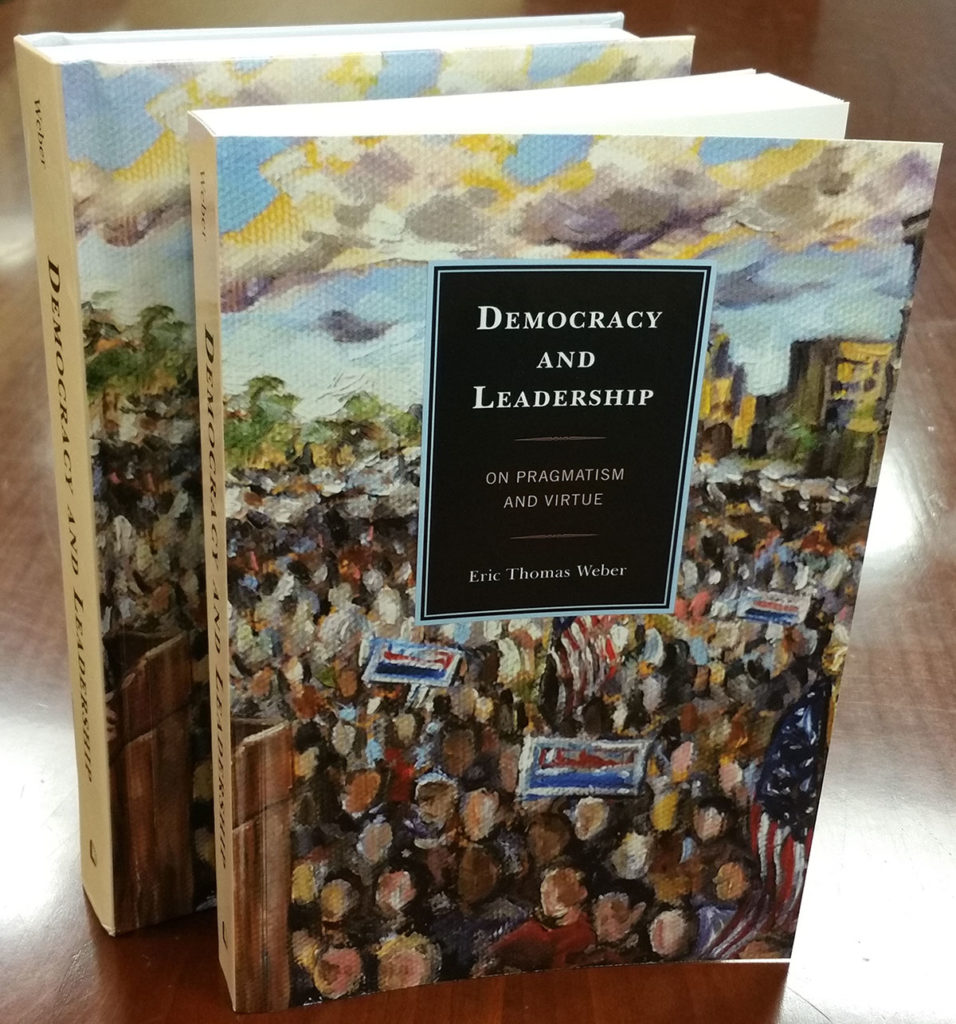
Dr. Weber is the author of four books, including most recently Democracy and Leadership(2013) and Uniting Mississippi (2015). In 2015 he was awarded the Mississippi Humanities Council’s Humanities Scholar Award in their Public Humanities Awards program. At the University of Mississippi, he was associate professor of public policy leadership from 2007 to 2016. In 2016, he moved to the University of Kentucky, where he is visiting associate professor in the philosophy department. In 2017, SOPHIA was awarded the major prize from the APA and the Philosophy Documentation Center for excellence and innovation in philosophy programs.
Listen for our “You Tell Me!” questions and for some jokes in one of our concluding segments, called “Philosophunnies.” Reach out to us on Facebook @PhilosophyBakesBread and on Twitter @PhilosophyBB; email us at philosophybakesbread@gmail.com; or call and record a voicemail that we play on the show, at 859.257.1849. Philosophy Bakes Bread is a production of the Society of Philosophers in America (SOPHIA). Check us out online at PhilosophyBakesBread.com and check out SOPHIA at PhilosophersInAmerica.com.
(1hr 8 mins)
Click here for a list of all the episodes of Philosophy Bakes Bread.
Subscribe to the podcast!
We’re on iTunes and Google Play, and we’ve got a regular RSS feed too!
Notes
- Weber, Eric Thomas, Democracy and Leadership (Lanham, MD: Lexington Books, 2013).
- The Society of Philosophers in America (SOPHIA), and how to join.
- The American Philosophical Association and the Philosophy Documentation Center prize for Excellence and Innovation in Philosophy Programs.
You Tell Me!
For our future “You Tell Me!” segments, Dr. Weber posed a question in this episode:
“Do you have spaces and communities in which you can hold deep, philosophical conversations? If you don’t, do you want in?”
Let us know what you think! Via Twitter, Facebook, Email, or by commenting here below.


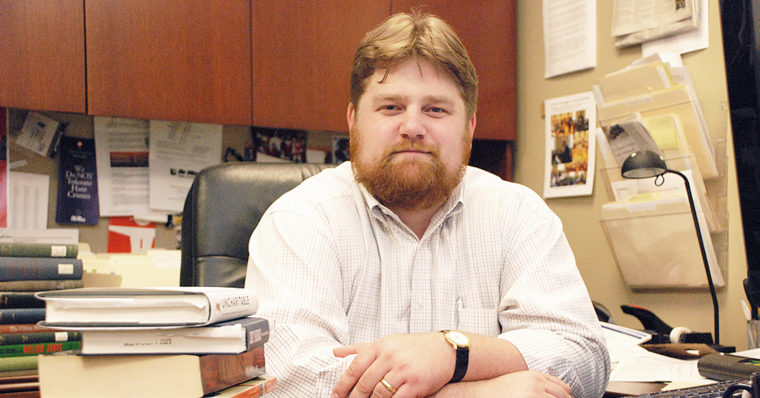





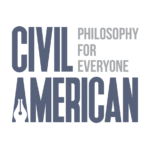

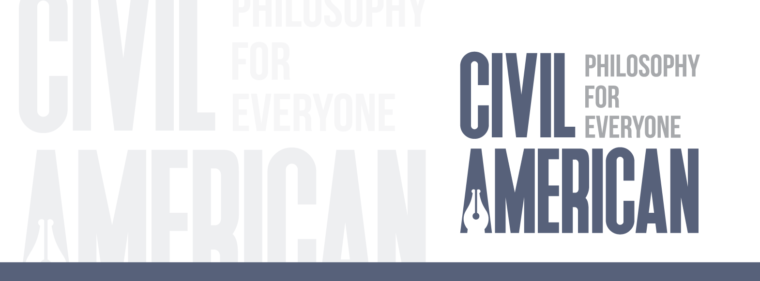

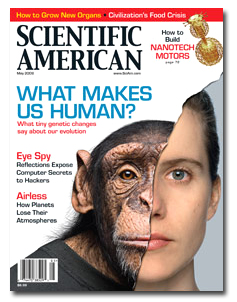
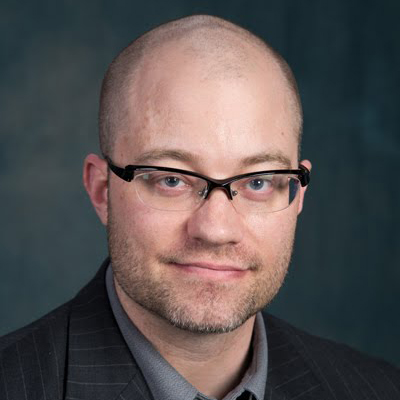
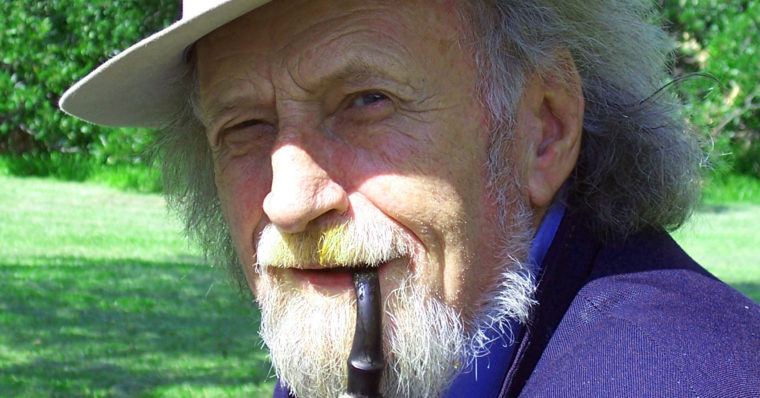
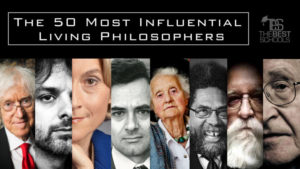
![[Book Image]](http://images.amazon.com/images/P/0823226638.1.L.jpg)